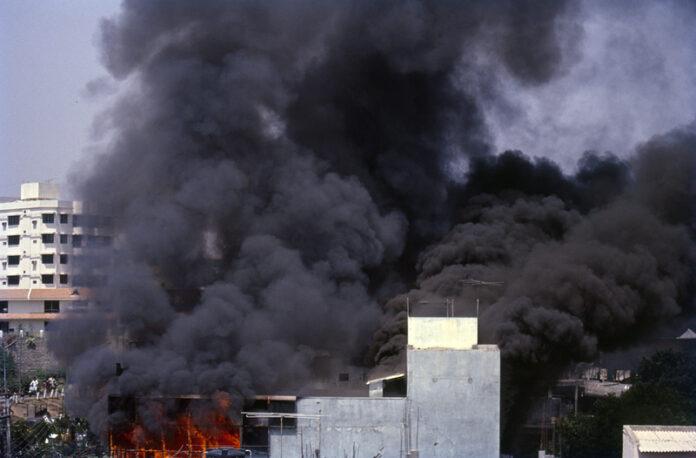On Sunday, October 29, in Kalamassery, Kerala state, southern India, an explosion at the Zamra International Convention Center disrupted a prayer session attended by hundreds of Jehovah’s Witnesses. The blast resulted in the deaths of three people and left 50 others injured.
One woman was killed instantly, another died hours later, and a 12-year-old girl succumbed to burn wounds.
The incident rapidly garnered the attention of authorities. Kerala state’s chief police officer, Sheik Darvesh Saheb, said that the preliminary investigation indicates the use of an improvised explosive device.
The police, acting on leads, detained a man named Dominic Martin, a former Jehovah’s Witness. Prior to his arrest, Martin took to Facebook where he posted a video claiming responsibility for the explosion. The video has since become a significant piece of evidence and is currently under scrutiny by the authorities. In it, Martin expressed his disagreement with the theology of Jehovah’s Witnesses. He emphasized his belief that their teaching, which asserts that all people of the world would perish except for Jehovah’s Witnesses, is flawed and poses a danger.
Martin said in the video that they believe only they will survive while the rest of the world is doomed. How should one address those who wish for the destruction of the entire population, he asked. He admitted to grappling with an answer and concluded that such a notion is a risk to the country.
While Martin’s self-admission has provided a direction to the investigation, law enforcement agencies are working to validate the claims he made in the video.
The incident has not only caused concern in Kerala but has also echoed internationally. Jehovah’s Witnesses, despite being identified as Christians, are guided by distinctive beliefs and practices. One of their well-known activities is door-to-door proselytism.
Security and safety measures at places of worship and large gatherings have been a topic of debate and concern, especially in light of incidents such as the one described.

